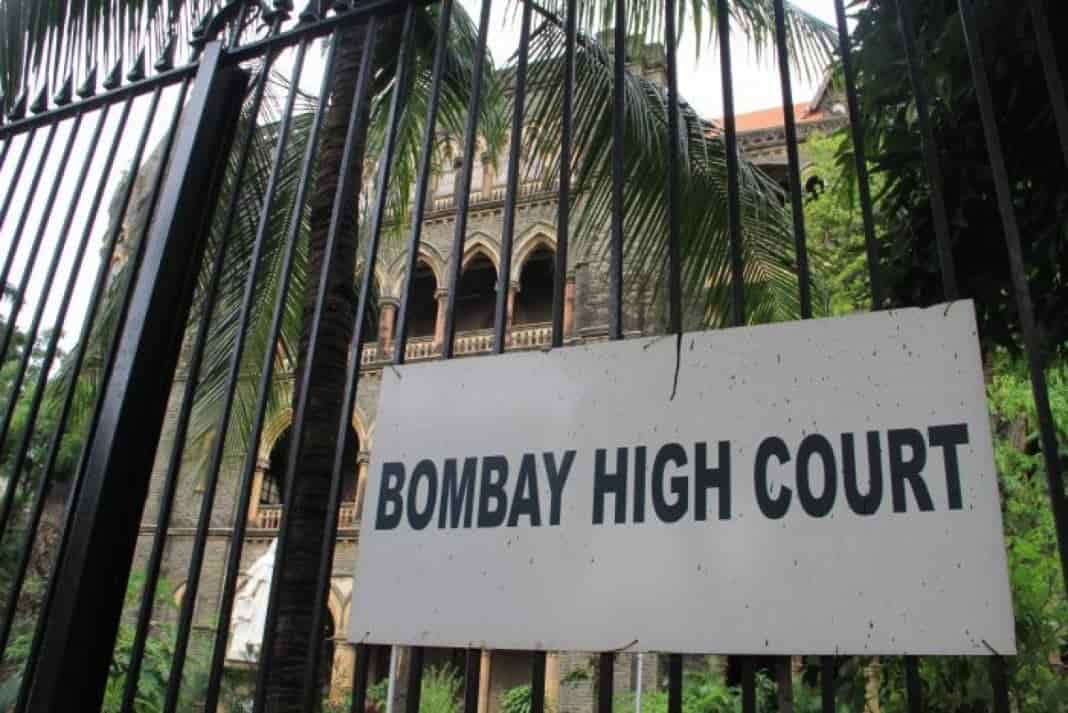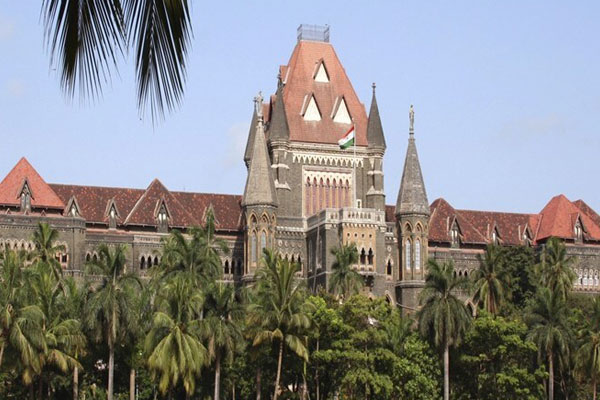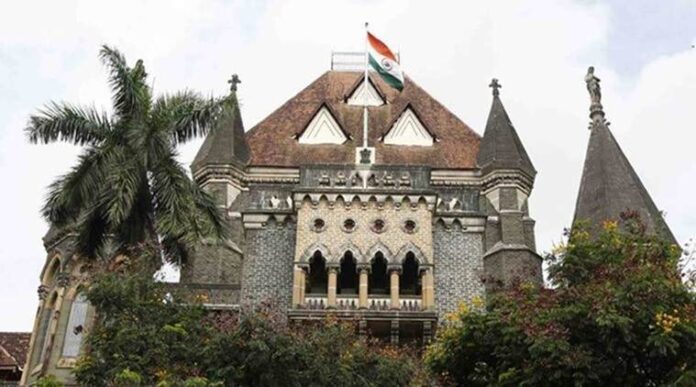The litigation against Sony Pictures Network India and Star India began last year a bench of the Competition Commission of India [CCI] headed by Chairperson Sudhir Mittal ordered a probe against them. The allegations against the said broadcasters were of indulging in anti-competitive behaviour with regard to the pricing of television channels.
However, the case went into appeal before the Bombay High Court praying for relief. In a recent order by a division bench of Akhil Khureshi and S J Kathawalla, the order of the CCI was quashed by the Bombay High Court. The grounds of quashing the said order of probe was failed jurisdictional test as laid down in an earlier decision of the Supreme Court in Competition Commission of India v. Bharti Airtel, operating as a precedent now. The apex court held that:
““…The Supreme Court’s decision clearly mandates that unless TRAI finds fault with the conduct of a service provider, CCI cannot order an investigation. The Supreme court has rightly laid down that despite the overlap between TRAI and CCI’s jurisdiction the possibility of conflicting views can be resolved by holding that matters which pertain to issues specifically regulated by TRAI, TRAI has the jurisdiction at the first instance to deal with and render findings on such jurisdictional aspect.

Thereafter, once TRAI performs this function viz. returning a finding that leads to a prima facie conclusion that the parties have indulged in anti-competitive practices can CCI investigate a matter.”
CCI had no jurisdiction to order probe:
The High Court while setting aside the probe order of the Bombay High Court has observed that, while ordering the probe as against Section 3(4) of the Competition Act, the CCI has failed to keep in mind that there existed an agreement between Star/Sony and NSTPL. The agreement provided for a refusal ‘to produce, supply, distribute, store or trade in goods or provision of services …and that such agreement causes Appreciable Adverse Effect on Competition [AAEC].’
The court observed that on the basis of a factual enquiry, it has come to light that there is no fact supporting that the said Petitioners have ever refused to produce, supply, distribute, store or trade in goods or provision of services with/to NSTPL. The court held the obligation casted upon the CCI to establish a prima facie finding regarding the conduct of the Petitioners causing AAEC.

Therefore, for the lack of a prima facie finding by CCI on AAEC, the Court held that there is no mandatory jurisdictional pre-requisite of a prima facie view of contravention of Section 3(4). Moreover, the court was unable to find any reasonable justification for the non-application of the aforementioned analysis by the CCI whilst passing the impugned order. Therefore, the said order was quashed.
The court also laid that the order in question has not applied the factors as laid down under Section 19(3) of the Competition Act and thus is not good in law to stand. The complaint in its original was filed by the Noida Software Technology Park Limited [NSTPL], which is a satellite communication firm. After the CCI order directing a probe, Star and Sony approached the Bombay High Court in appeal against the impugned order.
In the complaint, as filed by the NSTPL, it had alleged price discrimination while distributing the channels among various distributors by Sony and Star TV. Following the said claim, the CCI in its direction ordered the Director General (DG), its investigation arm, to initiate a probe as to whether or not by way of price discrimination Star India and Sony Pictures India ‘refused to deal’ with the NSTPL, as alleged.
Arguments by the petitioner- Star India and Sony TV:
Star India was represented by Senior Advocate Darius Khambata who originally argued jurisdictional error keeping in mind the verdict by the Suprem Court in the case of CCI v. Bharti Airtel. It argued that as the adjudication of the claims made by NSTPL was pending adjudication before the Telecom Disputes Settlement and Appellate Tribunal [TDSAT], the CCI could not have exercised its jurisdiction, following the ration laid down by the Apex Court. A right jurisdiction of the CCI shall only arise when the TDSAT had found that parties have indulged in anti-competitive practices.
Furthermore, Khambata argued that in order to arrive at the conclusion that prima facie, a contravention of Section 3(4) of the Competition Act is established, it is required to undertake an analysis as mentioned against the factors under Section 19(3) of the Competition Act, which was missing in the order passed by the CCI. The text of Section 19(3) relates to the different factors determining as to whether or not any conduct of the parties have an adverse effect on competition.
If the exercise of reviewing these factors as per the facts of a matter is not undertaken, the petitioners could not have been rightly found to be in contravention of Section 3(4) of the Comeptition Act. He also argued that the impugned order of the CCI is far-reaching, conclusive and will stain Star India with a stigma.
Soli K Cooper, Senior Counsel appeared before the Bombay High Court for Sony Pictures who made similar arguments. He said that until there is a decision by the TDSAT on the pending adjudication as to whether or not the broadcasters were in contravention or breach of the Interconnection Regulations, the jurisdiction of the CCI doesn’t arise. The earlier laid down precedent by the Apex Court in CCI v.

Bharti Airtel prevents the CCI from passing any order as ‘in-personam’ and ‘inter-party’ disputes do not come under the purview of adjudication under the TRAI Act. He also argued that there is complete ignorance by the CCI of the agreement between the petitioners and NSTPL.
Arguments on behalf of the Competition Commission of India:
Someasekhar Sundaresan appeared for the Competition Commission of India, who refuted the application of the precedent of the Bharti Airtel Case. He argued that the said case doesn’t lay down a standard that in-personam findings after trial of inter-personal disputes are relevant for initiating investigation in a said case by the CCI. Moreover, he pointed to an earlier judgment of the TDSAT of December, 2015 which laid that there is anti-competitive behaviour in the relevant market, in the present case.
ZT Andhyarujina, appearing for the complainant NSTPL argued that CCI was well within its jurisdiction to have taken cognizance of the matter and proceeding in directing investigation into the conduct of the petitioners. To decide the case, the High Court relied on the test laid down in CCI v Bharti Airtel case by the Supreme Court when it comes to jurisdiction of the CCI. In that case, it had been observed.
This was the law declared as far as individual, in personam disputes were concerned. NSTPL’s dispute also constituted an in personam dispute, the High Court found. It was noted that other general issues affecting all distributors were still pending before the TDSAT.
“In our considered opinion, each of the issues raised in CCI vs. Bharti Airtel were in-personam disputes between the RJIL and IDOs. In view of the aforesaid, it is evident that the principles of law laid down by the Apex Court in CCI vs. Bharti Airtel applies to in personam / inter party disputes i.e. after the rights and obligations of the parties have been determined by TRAI the sectoral regulator – TRAI.”
While this was the case, the Bench also found credence in an argument made by Star India that in the second plea before TDSAT in 2015, NSTPL had made various in-personam, specific allegations against Star. Therefore, the Court held that the writ pleas against the CCI order are maintainable and the High Court ought to interfere with it. In doing so, it also rejected arguments made on behalf of the CCI citing European laws on refusal to deal upon finding that,

“…it appears that EU Competition Law on refusal to deal is materially different from Indian law on the subject. Further and in any event, even under EU Law, a refusal to deal will only be unlawful if it can be shown that it will have an anti-competitive effect, with consequent long-lasting consumer harm. However, the Impugned Order did not consider whether the Petitioners’ actions of will have any AAEC. Therefore, according to us, this submission of Mr. Sundaresan’s cannot help sustain the Impugned Order.
Ultimately, allowing writ pleas filed by Star and Sony, the Court ruled,
“The Impugned Orders dated 27th July 2018 and 31st July, 2018 passed by the Competition Commission of India under Section 26(1) of the Competition Act, 2002 and all consequent actions/notices of the Director-General are quashed and set aside in exercise of our power under Article 226 of the Constitution of India.”

